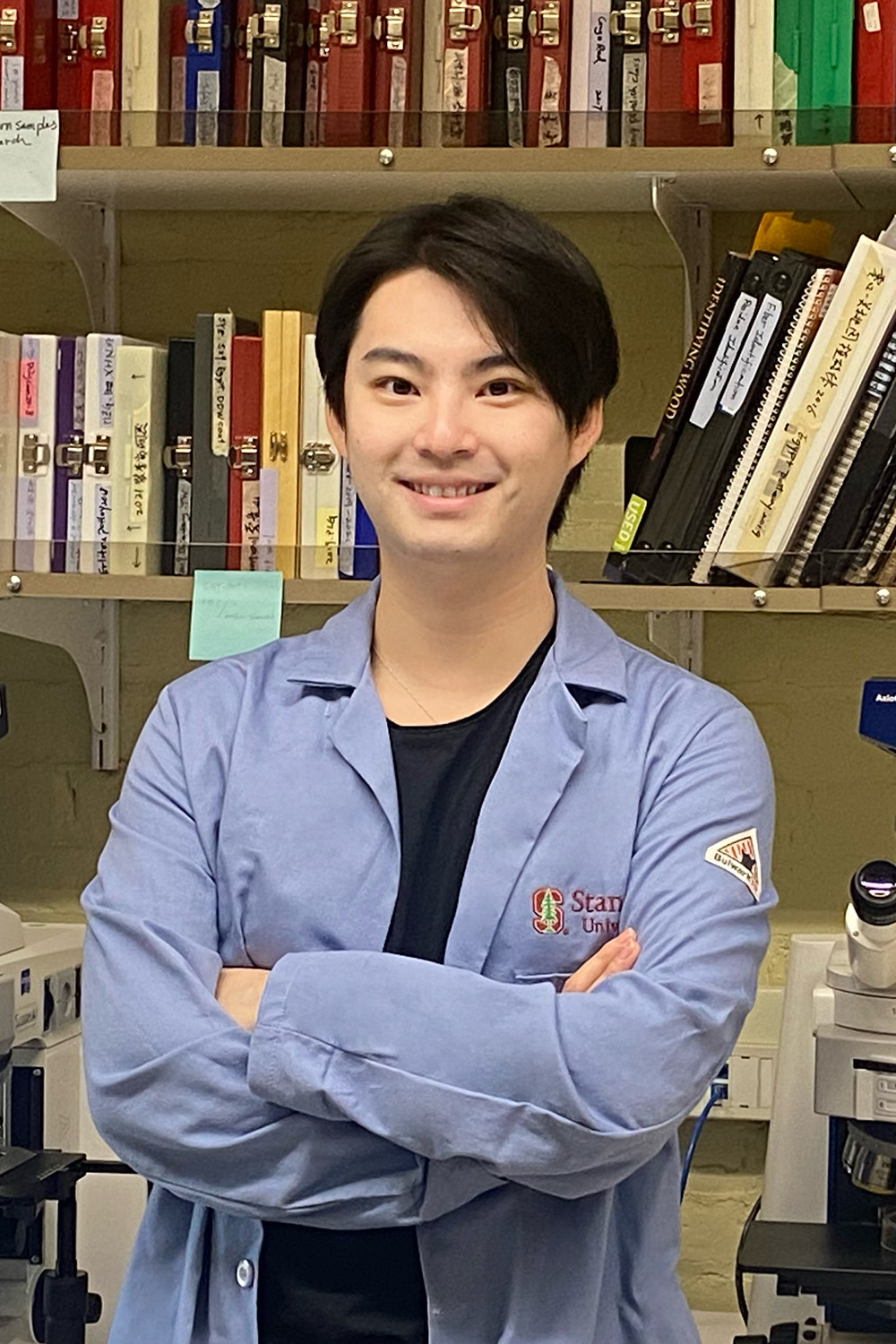Yuyang Wang, a fourth-year East Asian Languages and Cultures Ph.D. student, recently became one of two current Stanford students to be accepted into the 2023-2024 Schwarzman Scholars program along with Ana Chen ’23.
The Schwarzman Scholars program is a yearlong fully-funded residential master’s program hosted at Tsinghua University in Beijing, China. The program’s incoming class of 2023-2024 scholars consists of 151 candidates from more than 36 countries, with research focused on a variety of disciplines, ranging from business, to museology, to Wang’s own: archaeology.
In September 2023, Wang will travel to Beijing, where he will live for the rest of the academic year, getting the opportunity to further pursue his own work and learn from other scholars and their research.
For most of his career, Wang’s research has centered around archaeological examinations of migration in Neolithic China. “I try to look at pottery and see whether or not it can show us how people migrate,” Wang said. “When people migrate they take their essential stuff and during the Neolithic time, painted pottery might be one of the most essential to life and production.”
Wang uses photography and portable X-ray fluorescence technology to conduct observational and chemical analyses of pottery fragments. More broadly, he is involved in the Stanford-based Archaeological Science Lab and Public Archaeology Project, which both center around giving archeologists a stronger platform to publish their research papers and reports.
“I heard about [the Schwarzman Scholars] program from a friend not long before the deadline,” Wang said. “I had around 20 days to prepare my application, so it was a lot of work, but I think it was totally worth it.”
For Wang, the opportunity comes with significant academic and personal impact. “I’m definitely very excited. I’m from Beijing, and I’m going to Beijing for a year — I haven’t been home for five years. So I’m very excited to go back,” Wang said. “But I’m more excited about what I’ll be learning from the program. I’m very excited because I will be spending a year with people outside of archaeology. I think that’s very important.”
Through the application process, Wang sought guidance from Professor Li Liu, a professor of Chinese Archeology who leads Wang’s project team at the Archaeological Science Lab. Liu served as an advisor during this time, assisting through mock interviews that helped Wang become more comfortable with the selection process.
Liu spoke on the program’s ability to provide researchers with greater access to archaeological sites and resources which may be harder to access in the United States.
“I think there’s great potential in joining this multidisciplinary research to understand how the population, especially the Neolithic farmers, expanded from their homelands to the surrounding regions,” Liu said. “The Sino-Tibetan language group is the second largest language group in the world after Indo-European, but we do not understand very much about this group’s exposure process and their cultural identity, and how people maintain their cultural identity.”
Diane Murk, Office of Global Scholarships Assistant Dean and Manager, shared similar hopes to Liu for the opportunities provided by the program.
“Many international scholarship programs, such as the Schwarzman Scholars Program, offer opportunities for their scholars to take classes, do research, participate in experiential learning abroad and interact closely with their cohort,” Murk said. “Scholars not only build valuable skills and expand their knowledge base, but they also develop global relationships with others across disciplines.”
Liu echoed Murk, saying “I think this fellowship will help him advance his knowledge. His research, especially through the fellowship, will be healthy in China, and he will have the opportunity to do more research in the region.”
Wang shared that he is looking forward to being immersed in an interdisciplinary setting, where his archeological research will be studied by peers from the varying fields applicable to geopolitics today.
“I’m just very excited that I can dedicate a year to present archaeology to different artists, because we present our projects in conferences and classrooms, but it’s all for a homogeneous audience — for people who have some knowledge of archaeology. But this time I’m working on presenting archaeology to different groups of people and starting conversations across different disciplines,” Wang said.
This article has been updated to include the correct name of the Sino-Tibetan language family. The Daily regrets this error.
